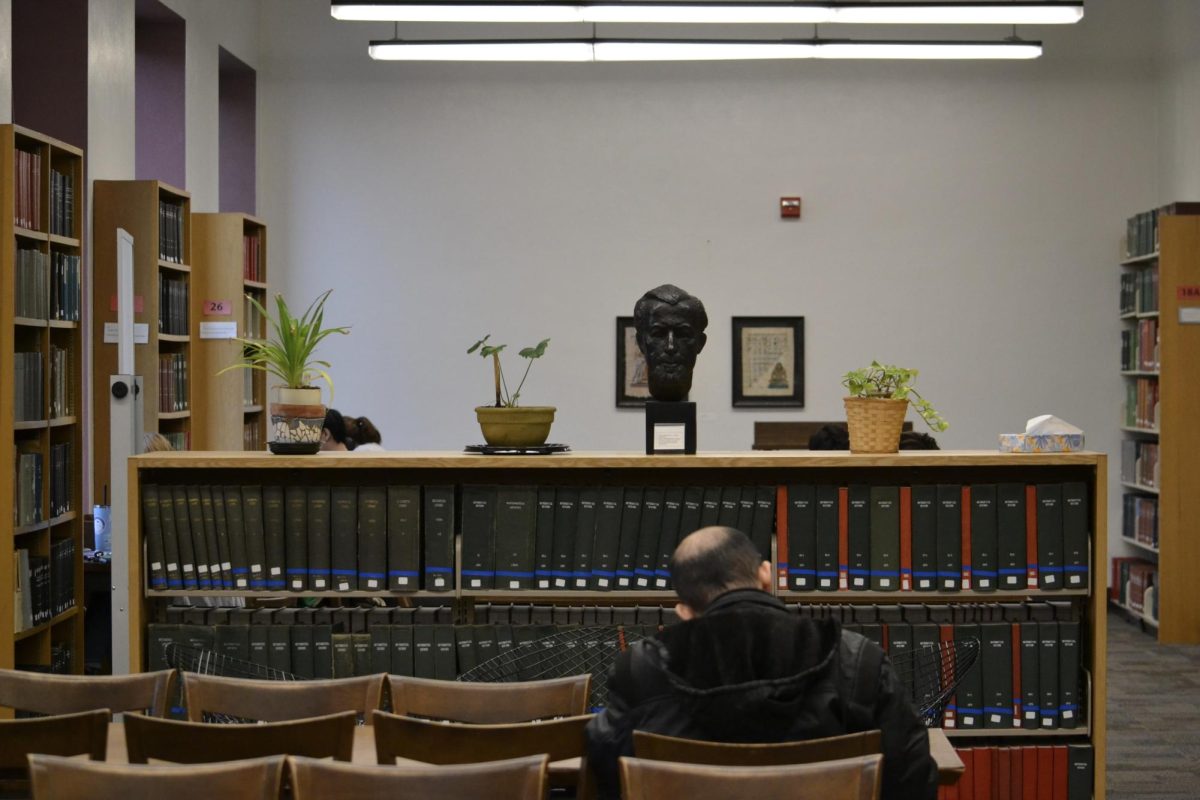AUSTIN, Texas (U-WIRE) — University of Texas System Chancellor Mark Yudof’s compensation package, the highest of any university administrator in the country, depends on the generosity of private donors.
More than 91 percent of Yudof’s $787,319 compensation package, which includes housing, a car allowance and moving costs, is funded by private donations.
A list of the country’s highest-paid administrators, which is scheduled to appear in this week’s edition of The Chronicle of Higher Education, ranked Yudof as having the largest compensation package of any public university chancellor in the nation. John Shumaker of the University of Tennessee system came in a close second with a $733,550 package.
Francie Frederick, counsel and secretary to the UT System Board of Regents, said the Chronicle’s findings included a one-time payment of $172,000 for benefits Yudof lost when he left his position as president of the University of Minnesota. The study also included a $150,000-deferred compensation payment Yudof will not receive until Sept. 1.
Yudof’s salary is supplemented by private funds because the Texas Legislature has capped the state-funded salaries of university chancellors at $70,231 per year. The cap on a president’s salary is $65,945 per year.
The Chancellor’s Counsel, a donors organization of about 4,000 members, funds most of the chancellor’s salary said Monty Jones, associate director of public affairs for the UT System office of development and external relations.
“They recognize the state limit is just not enough to provide competitive compensation,” Jones said.
This year, all nine regents donated money to the counsel’s endowment funds.
“[The board] recognized … that to be competitive, we were probably going to have to pay a higher level of compensation than we were paying to the then-chancellor,” said Woody L. Hunt, the regents’ vice chairman.
Hunt donated a total of $100,000 to the fund, which he said he will pay into an endowment over a five-year period. The board began a campaign to increase endowments about six months ago because annual donations, which fund 60 percent of the donated portion of the chancellor’s salary, fluctuate.
Attempts have been made to revise the salary cap, Hunt said.
Rep. Garnet Coleman, D-Houston, a member of the House Appropriations Committee, said the cap is necessary.
“One of the things that we’re really interested in is money going to the education of students,” Coleman said. “My speculation is that’s probably why the cap is there.”
Coleman said the chancellor’s compensation package is “just like a football coach.”
“Because these are folks that move from state to state and school to school, generally the compensation package tends to be very large because they never stay anywhere long enough to get a retirement package,” Coleman said.
Coleman said the average stay for top public university executives is only four or five years.
“I don’t know that I like it that they make so much money,” Coleman said. But “you don’t want a hungry dog guarding your meat house.”
















